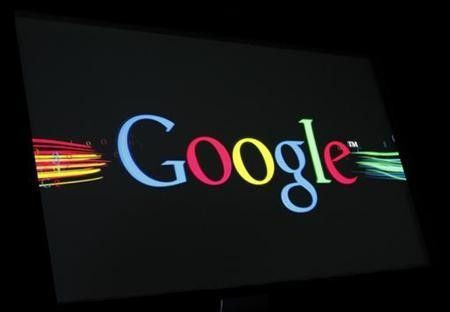Google Deepmind’s AI Research: Weighing On The Benefits And Dangers

Cloning the capabilities of the human brain in a computer was believed to be next to impossible. Just recently, Google's Deepmind startup revealed a prototype computer that is equipped with its own short-term memory that allows the computer to learn new behaviors without being programmed.
Earlier this year, Google surprisingly acquired DeepMind for $400 million. Paying big amount of money to a company with barely any market recognition. DeepMind is an expert in high-level neural network and Artificial Intelligence research, Daily Mail UK reports.
Just when you thought that such ideas only happen in movies, Google will make you think again. But not everyone is able to understand what this giant company is up to. In the following texts we will try to simplify the complicated process that the researchers of Google have revealed.
The researchers hope that the machine will learn to program itself by combining the way computers and human brain work. Dubbed as a "Neural Turing Machine," it is a neural network architecture system that is able to learn from stored memories and later use the saved memories to perform logical tasks aside from those it was trained to do.
The Neural Turing Machine is inspired from both models of a biological working memory and the design of a digital computer. The system was named after pioneering computer scientist Alan Turing. Following the principle that a traditional computer's neural network's strength can be changed by adding an external input or on this case an external memory. The memory acts as "tickertape" which can pass back and forth through a computer sorting variables for later processing. This addition allows the Neural Turing Machine to comprehend new data as "chunks." Based on the 1950's study by George Miller exposing that the human brain's short term memory can carry seven chunks of data at any given time. A normal human can hold that much without getting confused, the Geek reports.
The chunk represents anything from a person, a concept, a place or what not. The DeepMind computer uses the external memory to save the chunks for later use.
The research is still on-going, however it is already bombarded with criticisms due to the possible dangers that the end product of the research might give. Despite the negative talks, Google admits of the possible dangers involved with AI and machine learning.
The DeepMInd -Google ethics board is planning to create restrictions over the use of the technology.






